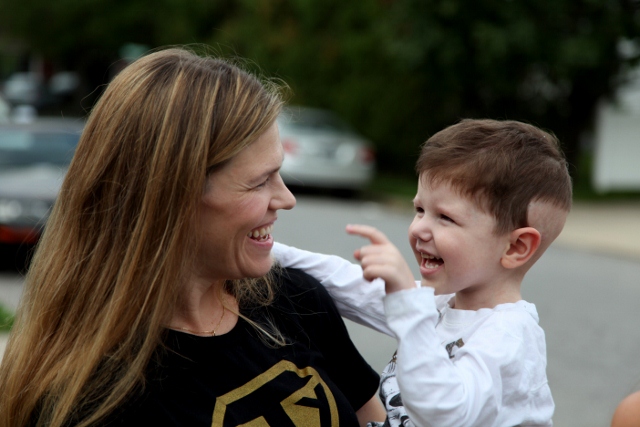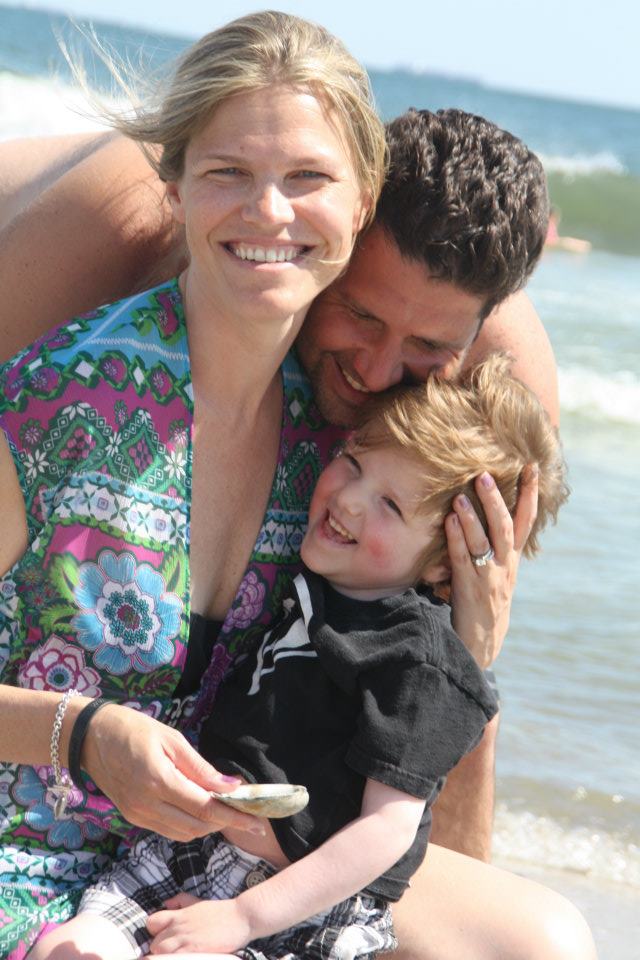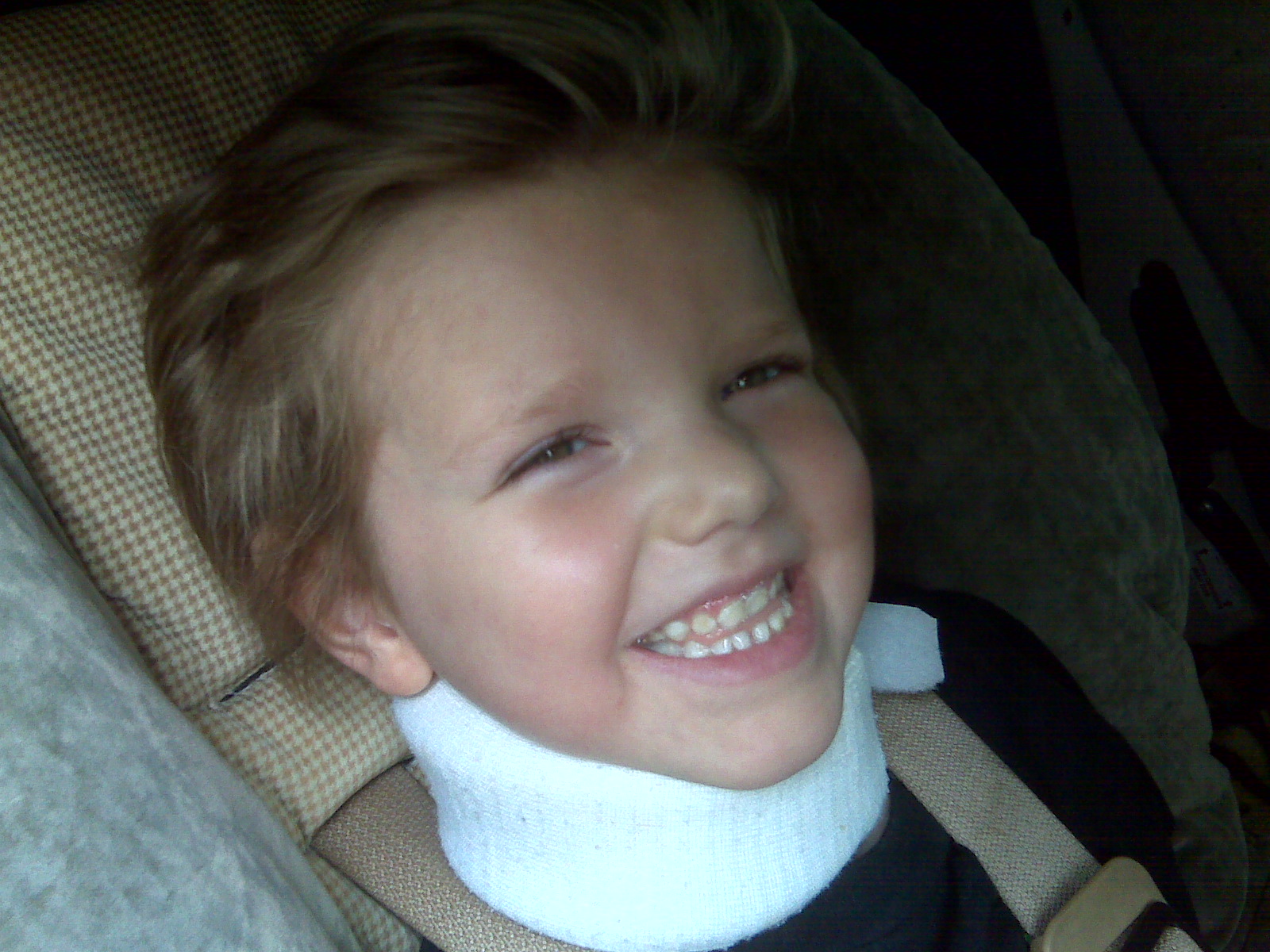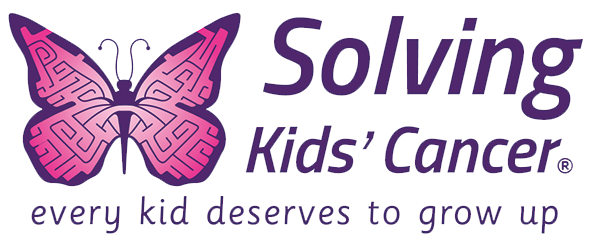What Being a Caregiver for a Kid with a Rare Childhood Cancer Looks Like

It’s hard to imagine what it’s like to be a caregiver for a kid with a rare childhood cancer unless you’ve actually been one. Cindy Campbell, mom of three boys, didn’t know anything about the role until she suddenly had to take it on when her oldest son, Ty, was diagnosed with ATRT, a rare brain tumor, in 2010. She explains how it changed everything for her from day one — and how, nine years after Ty’s death, she’s never been the same.

It changes your life
No parent is ever prepared to hear the words, “Your child has cancer,” and from that moment on, their lives are changed forever. Many children with cancer need round-the-clock care, so one parent will often have to stay home to take care of their child, accompany them to doctor visits and hospital stays, and manage reports coming from the doctor. In Cindy’s case, she left her full-time job in corporate marketing to become a full-time caregiver for her son. “It became an immediate life change in every way,” she says of her son’s diagnosis.
It’s a lot of pressure
There’s no guidebook for how to care for a child with cancer. When parents are forced into the role of caregiver, they’re also forced to become experts in their child’s disease — its signs and symptoms, its treatment and side effects, and knowing when to call the doctor with a question or when to rush your child to the emergency room.
“When you’re blindsided with a diagnosis, so many things happen — like crossed eyes, trouble swallowing, disbalance — and you don’t know if it’s the medication or the brain tumor or if it’s an effect of the chemo, and it’s just so hard to know how to handle it,” Cindy said. As a caregiver, you have to decide if you should play it safe and go to the hospital, or take the wait-and-see approach to avoid unnecessary poking and prodding for something that might end up being nothing. The immense pressure to make the right decision — which often comes down to a guessing game — can be overwhelming, Cindy says.

It feels isolating
Being a caregiver is never easy, and being a caregiver for a child with a rare cancer is one of the most difficult jobs there is, especially when you realize how few people really know what it’s like to be in your shoes. “I really felt alone,” Cindy says. “It’s hard when nobody really understands what you’re going through.”
It’s a constant balancing act
Being a caregiver of a child with cancer is a 24/7 job — one that needs to be balanced with your existing responsibilities, like managing the household and tending to the needs of your partner and other children. Caregivers also need to balance their child’s emotional and psychological needs against their physical safety — should they keep them from school and activities to protect their weakened immune system, or should they let them go and risk them catching a virus that could land them in the ER? And somehow, caregivers have to find time to care for themselves and their own needs. “It’s a lot to juggle,” Cindy says.
It makes you find the strength you didn’t know you had
Caregivers of children with cancer experience the unimaginable. They have to witness their child endure pain and suffering — for days, weeks, or months on end — all while they’re powerless to help them. Yet somehow, they do find the strength to carry on. That strength can make them look superhuman to anyone else, but to people like Cindy, it’s just what they have to do. “People always say to me, ‘You’re so strong, you’re so inspiring,’ but I literally had no choice,” Cindy says. “I just did what I had to do like every amazing parent does when they’re faced with this.”
At Solving Kids’ Cancer, we envision a reality where one day, the role of caregiver for a child with cancer won’t mean what it does today. In honor of National Family Caregivers Month, please donate and help us fund research to find cures for the deadliest childhood cancers.

